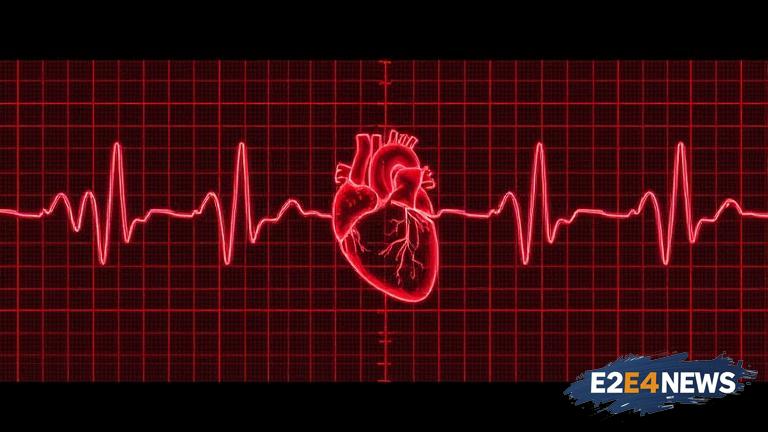A recent study has revealed that an AI-powered ECG model has surpassed the accuracy of doctors in detecting hidden heart disease. The model, which utilizes artificial intelligence and machine learning algorithms, was able to identify patients with hidden heart disease with a high degree of accuracy. This breakthrough has significant implications for the early diagnosis and treatment of heart disease, which is one of the leading causes of death worldwide. The AI-powered ECG model was trained on a large dataset of ECG recordings and was able to learn patterns and anomalies that are not visible to the human eye. The model was then tested on a separate dataset of patients with hidden heart disease and was able to outperform doctors in detecting the condition. The study’s findings suggest that the AI-powered ECG model could be used as a tool to aid doctors in diagnosing heart disease, particularly in cases where the condition is not immediately apparent. The model’s ability to detect hidden heart disease could also help to reduce the number of false negatives, which can have serious consequences for patients. Furthermore, the AI-powered ECG model could help to improve patient outcomes by enabling early intervention and treatment. The study’s authors believe that the model has the potential to revolutionize the field of cardiology and improve the diagnosis and treatment of heart disease. The AI-powered ECG model is also relatively inexpensive and non-invasive, making it a viable option for widespread use. In addition, the model’s accuracy and reliability make it an attractive option for use in clinical settings. The study’s findings have been met with excitement and interest from the medical community, with many experts hailing the AI-powered ECG model as a major breakthrough. However, some experts have also raised concerns about the potential limitations and biases of the model, highlighting the need for further research and testing. Despite these concerns, the AI-powered ECG model has the potential to make a significant impact on the diagnosis and treatment of heart disease, and its development is a major step forward in the field of cardiology. The study’s authors are now working to refine the model and explore its potential applications in clinical settings. Overall, the AI-powered ECG model is a promising new tool that could help to improve patient outcomes and save lives.
